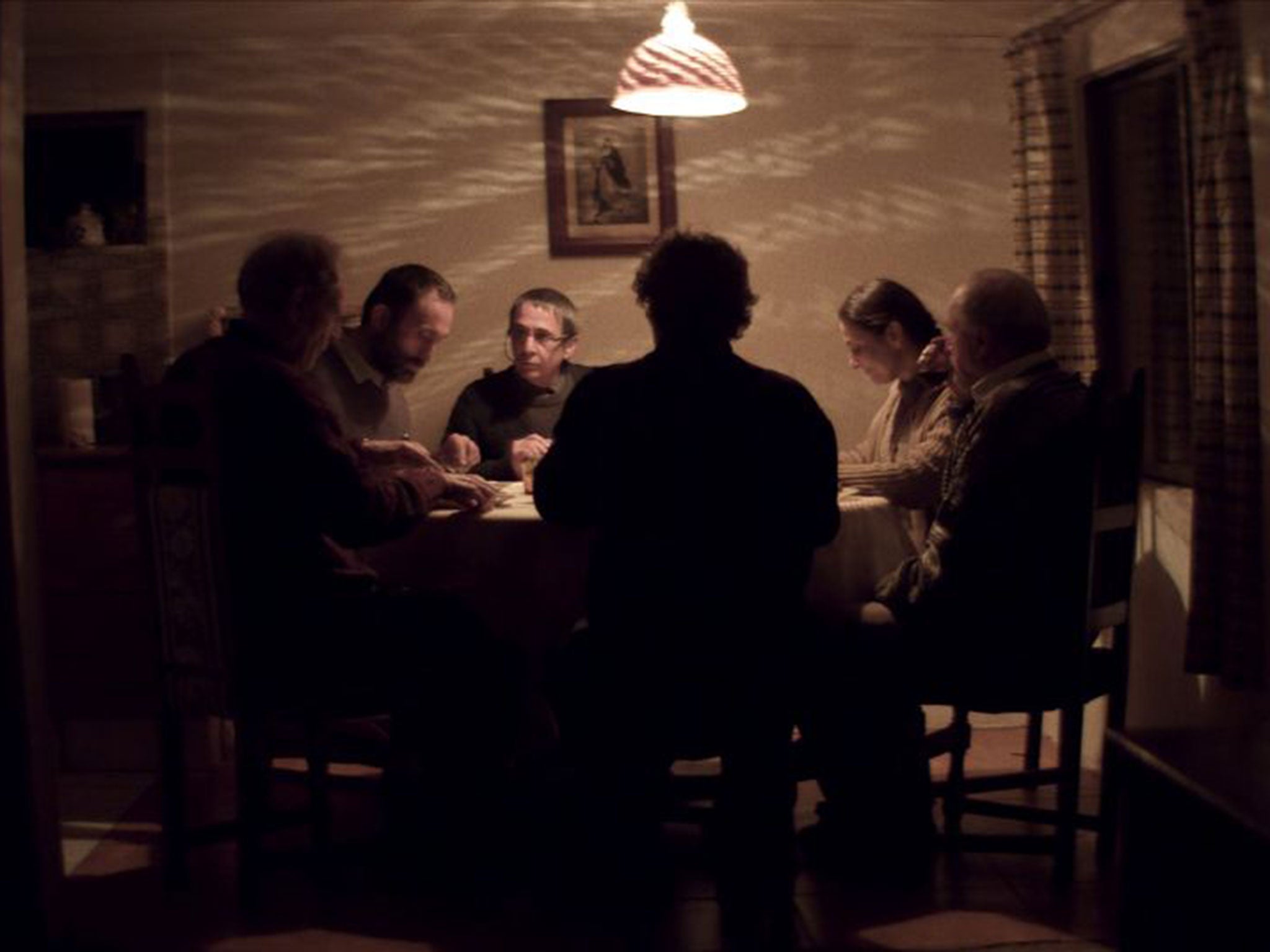The Club, film review: Humanity and dark humour from Pablo Larraín
(18) Pablo Larraín, 97 mins Starring: Roberto Farías, Antonia Zegers, Alfredo Castro, Alejandro Goic

Your support helps us to tell the story
From reproductive rights to climate change to Big Tech, The Independent is on the ground when the story is developing. Whether it's investigating the financials of Elon Musk's pro-Trump PAC or producing our latest documentary, 'The A Word', which shines a light on the American women fighting for reproductive rights, we know how important it is to parse out the facts from the messaging.
At such a critical moment in US history, we need reporters on the ground. Your donation allows us to keep sending journalists to speak to both sides of the story.
The Independent is trusted by Americans across the entire political spectrum. And unlike many other quality news outlets, we choose not to lock Americans out of our reporting and analysis with paywalls. We believe quality journalism should be available to everyone, paid for by those who can afford it.
Your support makes all the difference.As The Club begins, four disgraced Catholic priests are living agreeably together in a remote Chilean town by the seaside in a special home where the Church hides away its people with "problems." They eat well, enjoy their wine and one even has his own greyhound, which they wager money on. Their caretaker, who has her own chequered history, looks after them well. Early on, the film resembles one of Luis Bunuel's surrealist satires about Catholicism, but any sense of playfulness here is soon revealed to be deceptive. These men have committed misdeeds that they are belatedly forced to confront. Their penance turns out to be very painful indeed.
Larrain's film has the feel both of a very dark thriller and of a documentary-style case study. The screenplay is based on extensive interviews with former priests who lived in the type of retirement homes in which the film is set. The presence in the town of an impoverished fisherman, Sandokan (Roberto Farias), abused by a priest as a kid, is a reminder of just what these men once did. The arrival of a Jesuit counsellor forces their secrets out into the open. Larrain gives us very graphic descriptions of their behaviour. There are many big close-ups of their faces as they talk to the counsellor, trying to justify their actions and to keep their shame at bay.
In terms of its subject matter, The Club may sound grim in the extreme but Larrain approaches his material with humanity and dark humour. He doesn't try to excuse the priests' behaviour but he doesn't dismiss them as monsters either. The film is shot in very dark hues, as if the story doesn't warrant any brightness or colour. It is brilliantly acted and has a real, if very seedy, pathos about it.
Join our commenting forum
Join thought-provoking conversations, follow other Independent readers and see their replies
Comments